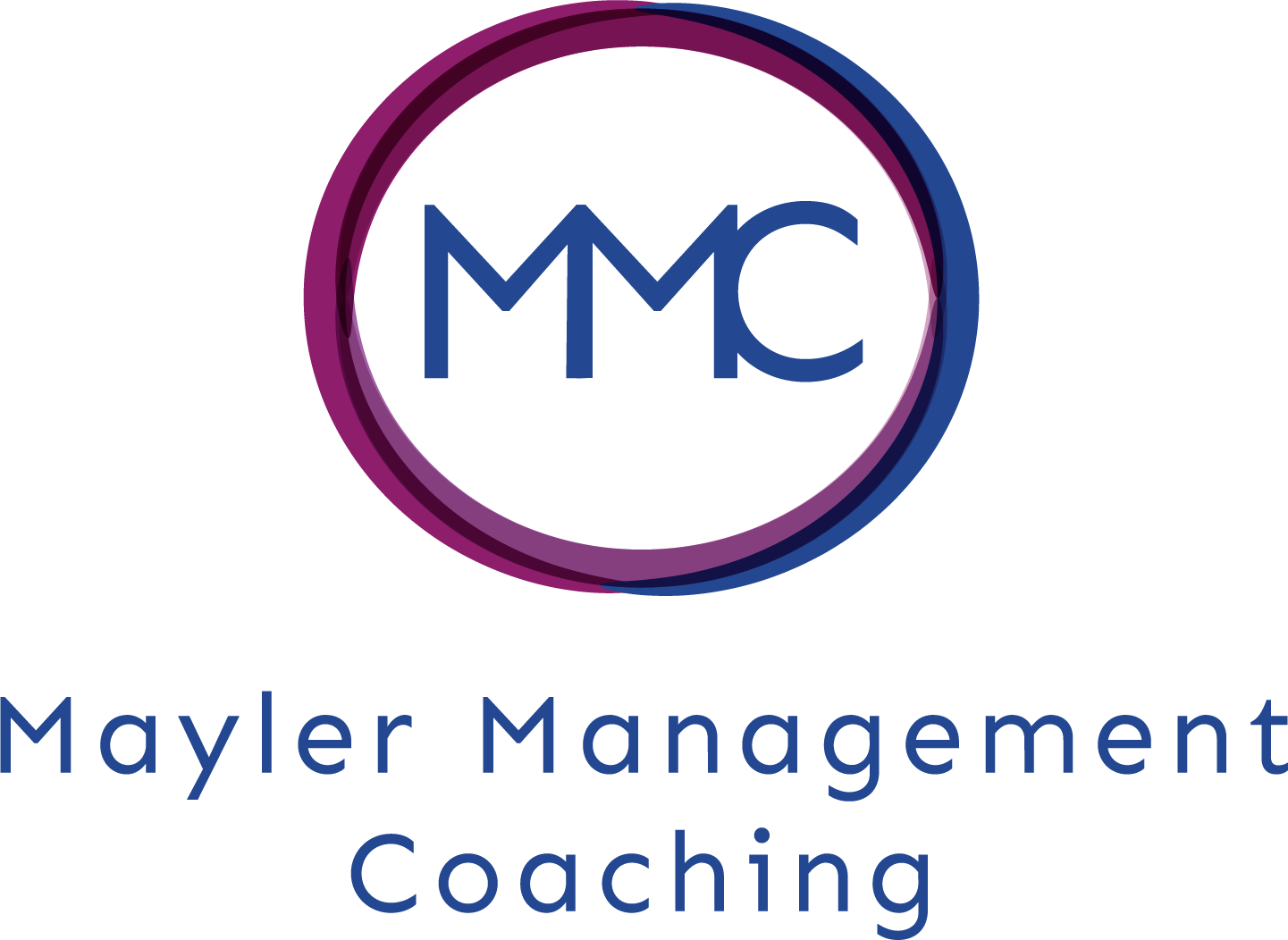1. The power of a growth mindset in long-term employees
Background
* Clients’ names have been changed to respect our confidential relationship.
Jack had worked as a buying manager in an engineering company for over 20 years. His managing director, John, needed him to negotiate supplier prices to increase the company’s profit margin, while retaining the same quality of service and payment terms. John’s concern was that Jack would struggle to negotiate with suppliers.
Jack was well liked, but he’d lost his commercial sharpness. Easily distracted, he didn’t prioritise well, lacked a sense of urgency to complete tasks – and didn’t realise the impact it was having on others. Colleagues were complaining, production had slowed and clients were waiting longer for products.
John wanted to see Jack overcome these issues and tap into his vast experience of the products to negotiate the best prices.
Solution
I explained that before we could be sure his underperformance was due to a lack of capability, I would talk to Jack and find out how he felt he was progressing. It was held as an informal review and fact-finding exercise.
Jack was completely aware that he wasn’t performing at his best. But he also didn’t believe he could improve or learn new skills after working in the company for so many years.
After explaining the concept of a growth mindset, we discussed how unhelpful his current belief was, and how his experience of the company and its products made him an invaluable team member. I asked for Jack’s commitment to a 12-week development period, and we set about designing a plan to work on his negotiation skills and manage distractions, with weekly accountability reviews with managing director, John.
Along with this, Jack found the motivation to resolve some of the issues he was facing.
Results
John reported that in the 25 years he’d known Jack, he’d never seen such a significant improvement in a short space of time.
Jack started to analyse the company’s buying process to see what actions he could streamline and how he could work faster. He stopped doing tasks that were unrelated to the company’s main goals.
When Jack was due to attend a specialised negotiation skills training course, I met with him for a pre-course briefing (and again afterwards) to focus on gaining maximum learnings from the course and apply that to negotiating prices with suppliers.
John and Jack continued their weekly meetings and both noted that the process had improved their working relationship. Jack also developed self-awareness about the impact he was having on the rest of the team.


